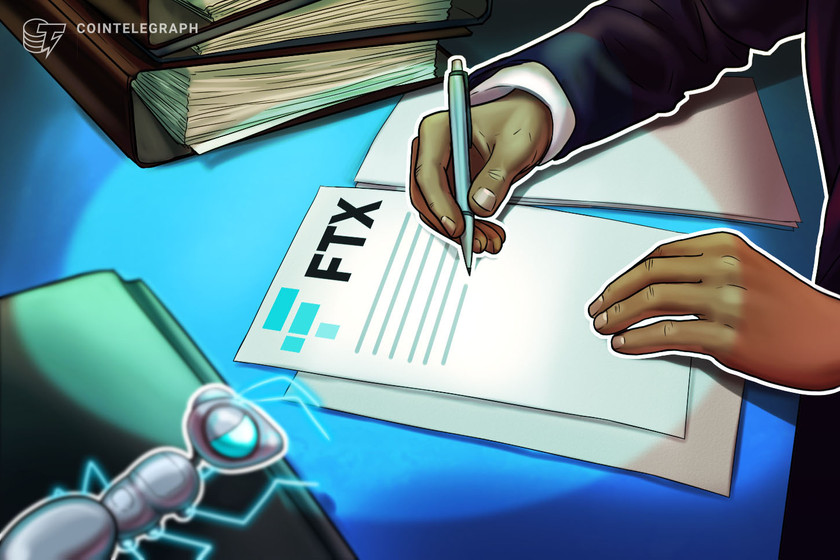Can crypto mixers adapt to survive US authority prosecution?


Cryptocurrency mixers face a dilemma between preserving financial privacy freedom or embracing increased compliance measures to avoid U.S. scrutiny.
Tornado Cash — a cryptocurrency mixer service that can hide the origin of crypto transactions — hit the headlines after being sanctioned by the United States Department of the Treasury’s Office of Foreign Assets Control (OFAC) in August 2022.
The mixer opened Pandora’s box, igniting an open debate about the role of mixers in ensuring personal financial privacy when using cryptocurrencies.
U.S. authorities have continued sanctions against these services, with Sinbad.io being the most recent big player under OFAC sanction. Tornado Cash and Sinbad have been taken down by the FBI, with the U.S. Treasury accusing them of facilitating billions of dollars in illicit transactions, particularly those of North Korea-based hacking group Lazarus.















